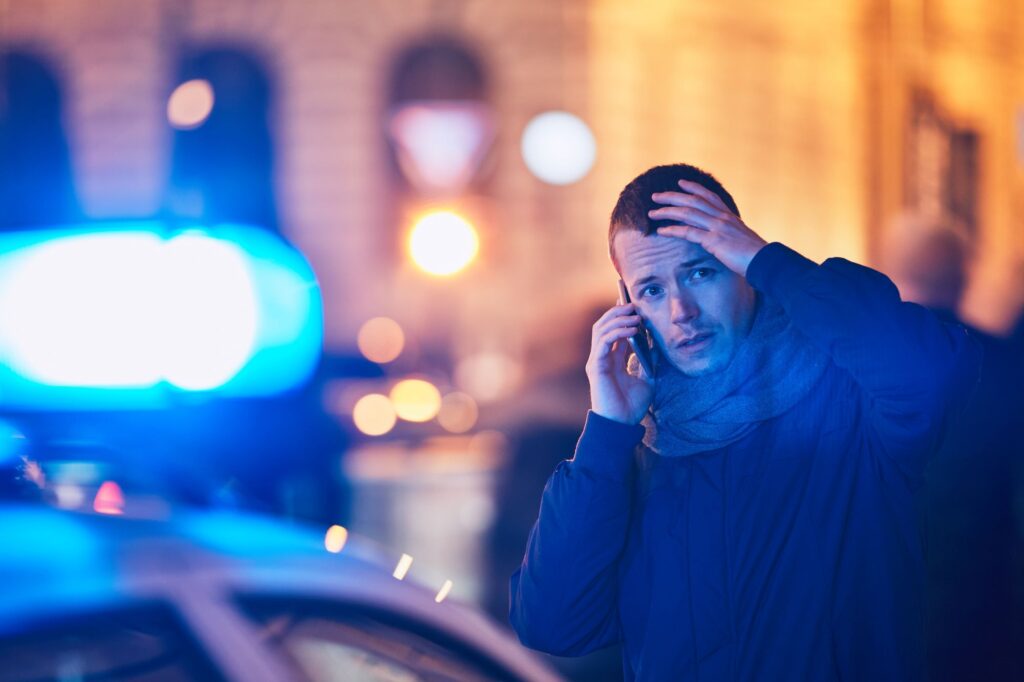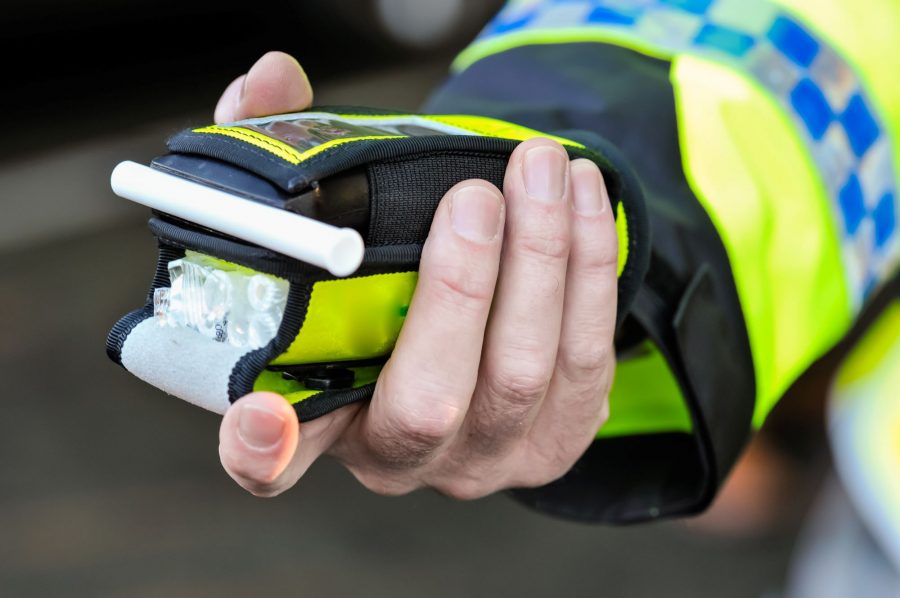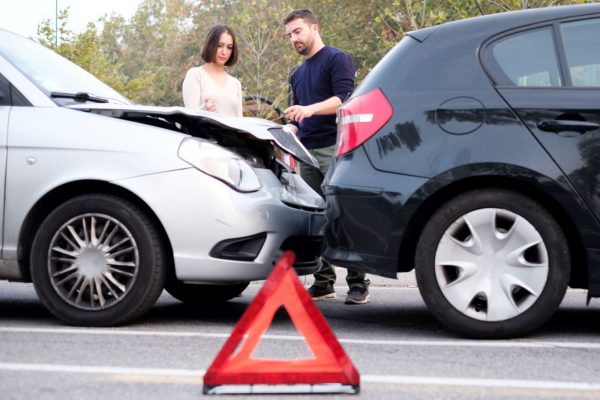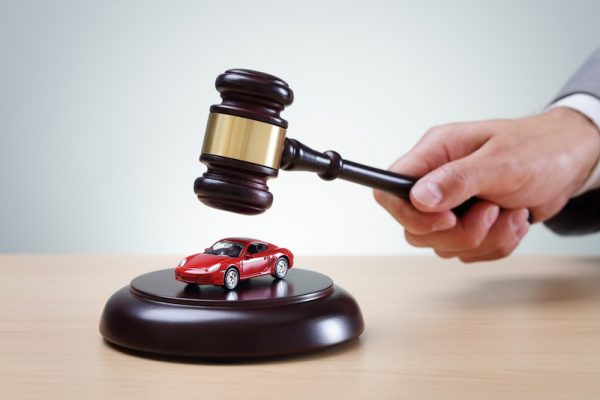What is a motoring conviction and how would it affect your criminal record?

Ever wondered whether a motoring conviction could impact other parts of your life? Perhaps you’ve just started driving and are apprehensive about receiving a fine, or you’ve just got points on your licence and are concerned about their wider impact. In this article, we’ll cover instances when a driving offence might affect your criminal record.
What is a motoring conviction?
A motoring conviction is given for breaking driving laws. When caught committing an offence such as speeding, driving under the influence or driving without a licence, you will have a motoring conviction and will most likely get points on your licence. However, if you are caught speeding you may be given the option to attend a speed awareness course and avoid the penalty points. Whether or not this has the power to impact your criminal record depends entirely on the offence.
A criminal conviction is granted when you plead guilty or are found guilty in a magistrates or Crown Court. As with points on your licence, some of these convictions will eventually become spent. Once your conviction is spent, you will no longer have to declare it. How long it takes for your conviction to be spent depends on your sentence, your age and how many convictions you have.
Will a motoring conviction affect my criminal record?
All criminal activity, including cautions from the police, will go on your criminal record as they are deemed ‘recordable offences’. The police will log their dealings with you, and this information will be stored. The information is also protected under the Data Protection Act 1998. This includes driving offences, unless you have dealt with the offence by way of a Fixed Penalty Notice.
If you are convicted of a motoring offence by a court, whether it’s magistrates or Crown, you will have a criminal record. This will apply to all sentences including any fines you receive by the court.
Is speeding a criminal offence?
A speeding fine is not automatically classed as a criminal conviction. However, the offence may appear on your criminal record depending on how it is dealt with.
If you are caught speeding and pay the Fixed Penalty within 28 days or attend the speed awareness course to avoid points on your licence, it will not be put on your criminal record. However, if the fine is not paid and you are taken to court and found guilty, this will be recorded as a criminal conviction.
Is drink driving a criminal conviction?

Yes. Under the Road Traffic Act 1988, drink driving is a criminal conviction. This means if you are caught driving while over the alcohol limit you will be convicted of not only a driving offence, but a criminal offence too.
As a result of this, you may also find it’s harder to get insurance with a drink driving conviction. However, there are providers out there that specialise in insuring motorists convicted of drink driving.
Is a driving ban a criminal conviction?
No. A driving ban itself is not a criminal conviction, but you could be banned from driving after receiving a motoring conviction.
Is driving without a valid driving licence a criminal conviction?
Yes. Driving without the appropriate valid UK driving licence is a significant charge and can have a serious impact on your life. Not only could this be added to your criminal record, but you could also be fined.
Unless you’re a learner driver with a provisional licence, you are required by law to hold a full valid driving licence. The licence must also be appropriate for the vehicle you want to use.
Is careless driving a criminal conviction?

Careless driving is indeed a criminal offence under Section 3 of the Road Traffic Act 1988, meaning if you are convicted you could receive a criminal record, along with penalty points and/or a revoking of your driving licence.
Driving without proper care or reasonable consideration for other road users is a serious offence. You could be breaking this law if you are found guilty of:
Tailgating
Overtaking on the inside lane
Dangerous or sudden braking
Being distracted while driving by something inside or outside the vehicle
Failing to look properly
Turning into the path of another road user
Other motoring convictions that could affect your criminal record
The following offences are deemed imprisonable and classify as criminal convictions. Therefore they will automatically go on your criminal record:
Dangerous driving
Drink driving
Drug driving
Failure to provide a blood, urine or breath specimen
Failure to stop and report an accident
Types of motoring convictions that don’t usually affect your criminal record

The following offences are not deemed imprisonable and therefore are not criminal convictions, meaning they will not automatically go on your criminal record:
Speeding
Failure to provide driver details
Failure to observe a traffic sign
Construction and use offences, such as using a mobile phone
Take a look at our dedicated guide for a more comprehensive view of driving offences and their codes.
Can I get insurance with a criminal record?
If you have a criminal record, it will usually be harder to find insurance. Insurers base their quotes on risk factors, and so drivers with points on their licence or criminal records are likely to face higher premiums. More points or worse convictions will generally result in higher premiums or refused insurance.
Adrian Flux is a specialist in cover for convicted drivers. We offer competitive quotes to those convicted of motoring offences. Call us on 0800 081 0777 for a quote or request a callback at a time that suits you.







